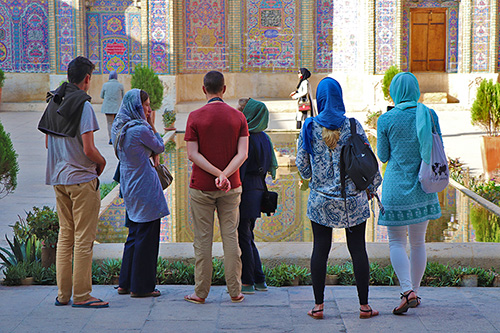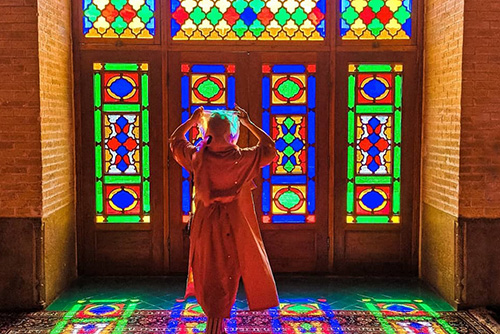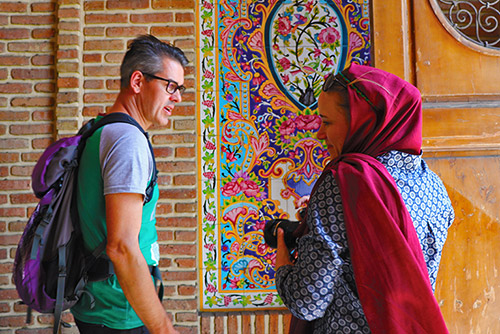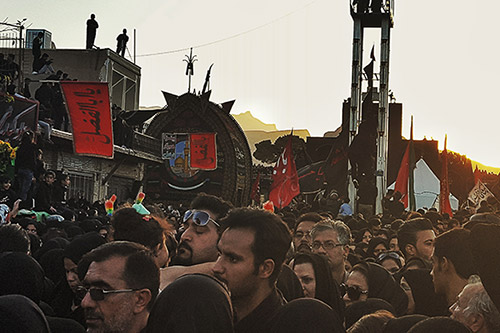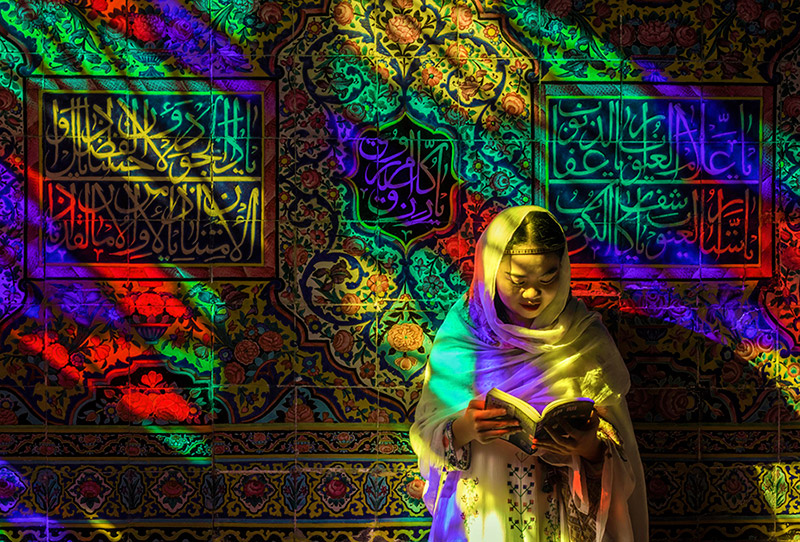 Signin with Google
Signin with Google Signin with Facebook
Signin with Facebook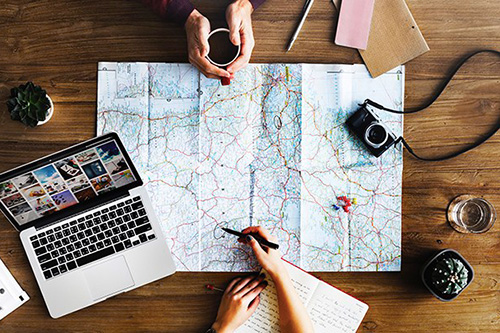
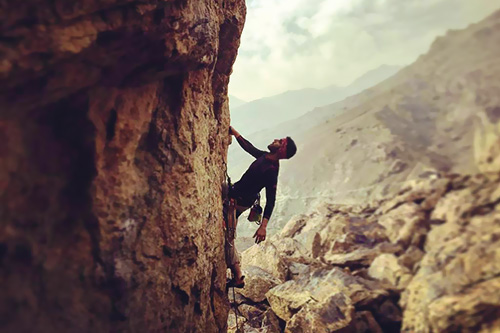 Before Traveling,Survival Tips
Before Traveling,Survival TipsHow to use Money and Currency in Iran
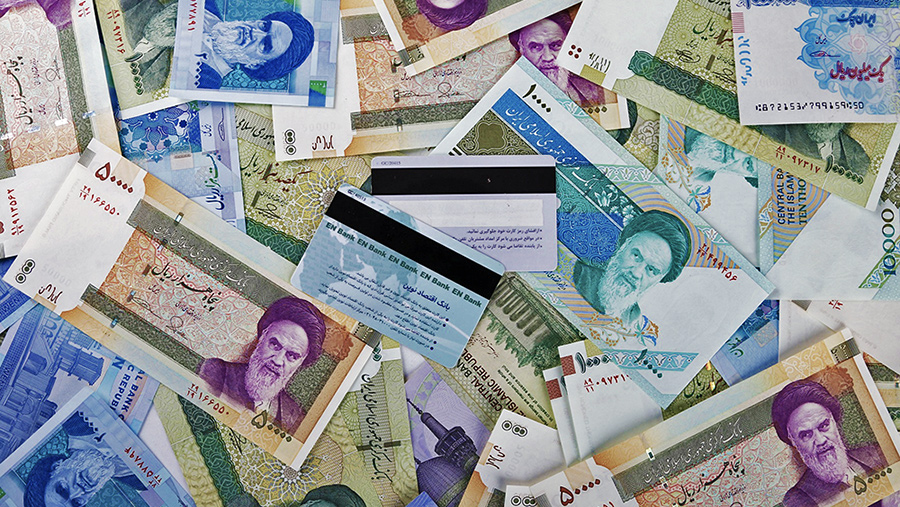
Travelling in Iran involves becoming used to carry batches of banknotes with you! It's unusual for most foreign tourists who are used to pay everywhere in the world with their credit card. But in Iran, there is no way to avoid it: it's impossible to use your credit card.
Indeed, Iran's banking system is not connected to the international banking system because of sanctions; thus VISA and other Mastercards are useless. Likewise, traveller's cheques are unusable. However, most of the time, hotels and hostels accept foreign currencies. Sometimes, it's also possible to pay with your own credit card in some big shops, especially carpet shops. However, the transaction is costly, and the seller has to take a commission, usually about 10%.
So the most important thing to remember is to bring with you, in cash, all the money you need for your travel, and even a bit more just in case, or use alternatives like Iran Tourist Cards. And don't worry: changing and carrying money, as well as getting familiar with the currency, is totally safe and easy. Here is all the information you need to know about this matter.
How safe is it to carry cash in Iran?
As mentioned earlier, it's impossible to pay in Iran with your credit cards. It can be intimidating to carry your whole budget with you, but you can be reassured: Iran is among the safest country to travel.
The best option is to carry your money always with you, using, for instance, a "secret wallet" for travellers. This way, you keep an eye on your budget. Most hostels also provide lockers if you feel more comfortable this way. Picking out dozens of banknotes to buy souvenirs might be a bit frightening at the beginning. Just relax: most people won't pay attention, as all Iranians are used to deal with large numbers on a daily basis.
Tourist Cards, credit cards alternatives
There also exist some new services to provide tourists with a debit card: Tourist Cards. For example, TasteIran Tourist Card, which is provided in partnership with DaricPay and Tejarat Bank of Iran Tourist Card, is a prepaid debit card that you can charge everywhere anytime online or with cash and use in any POS and ATM machine with no additional fee (you can register for TasteIran Tourist Card here).
Changing Money during your trip to Iran
How to change money in rials
It's not possible to obtain Rials (IRR), the Iranian currency, outside of the country. Before coming to Iran, if you're going to bring your budget in cash, euros or dollars is preferable. Once in Iran, you can easily change your money in any exchange office. Always pay attention to change in an official moneychanger, which displays the rates to the public, and do not do it in the street, which is illegal.
In Tehran, you can find an exchange office on the first floor of Imam Khomeini Airport (IKA) to change your first rials. It's open non-stop every day. There are plenty of moneychangers inside the city centre, often offering a better rate: Go to Ferdowsi Street, the main exchange street right in the city centre, or near Tajrish Square, on Valiasr Street. You won't have any difficulties to find exchange offices in all big and medium cities of Iran. Just remember that they are closed during the weekends, on Thursdays and Fridays.
The exchange rate between euros/dollars and rials
Since the beginning of 2018, the currency market has been unstable in Iran, which means the exchange value between rials and euros/dollars encounters huge variations. For this reason, it's not possible for us to give you a precise exchange rate.
For information purpose, here were the ratios in June 2019:
1 Euro = 140.000 rials
1 Dollar = 122.000 Dollars
Before departure, you can check online the last exchange rates on some dedicated websites, such as https://www.bonbast.com or your Tourist Card application.
Tomans vs. rials challenge: money in everyday life
The difference between rials and tomans
It's important to know that in everyday life, Iranian tell the prices not in rials but in tomans. There is nothing easier to understand: 10 rials = 1 toman.
In the bazaars or each time someone says a price, people use tomans. Of course, it's the same currency. They simply get rid of one zero. So whenever you buy something, just make sure the seller speaks in rials or in tomans. For instance, a 50ml water bottle, which cost about 10.000 rials, equals 1000 tomans.
Understanding the prices in tomans
Easy, right? So here’s the next level tip: when people speak, not only do they say the prices in tomans, they also shorten tomans of 1000. Let’s say you’re in the street and you want to buy some refreshment. You ask for a delicious “sherbet” which cost 50.000 rials, that is to say 5.000 tomans: most of the time, the seller won’t ask for “five thousand tomans”. Instead, he will ask you for “five tomans”. Just get rid of the “thousand”, and you have the trick!
Let’s summarize with another example: you’re in the taxi, and the driver asks for “20” tomans: he means 20.000 tomans, to which you add one zero more to get the price in rials, 200.000 rials.
Here is a summary for each bill:
10.000 rials = 1000 tomans = said 1000 toman (“hezar in Farsi)
20.000 rials = 2000 tomans = said 2 tomans (“do” in Farsi)
25.000 rials = 2500 tomans = said 2.5 or 2.500 tomans (“do o nim” or “do o punsad” in Farsi)
50.000 rials = 5000 tomans = said 5 tomans (“panj” in Farsi)
100.000 rials = 10.000 tomans = said 10 tomans (“dah” in Farsi)
500.000 rials = 50.000 tomans = said 50 tomans (“panjah” in Farsi)
Even though, you'll probably be often confused, already busy to convert the amount in your own currency in your mind! There is no need to worry though. Testimonies from travellers to Iran show that most Iranians are really honest and won't see in that confusion an opportunity to swindle you.
How much should I bring to Iran?
To help you prepare your budget, here are some examples of prices. Be aware that they are only indications: Because of the fluctuations of the rials, prices are changing quickly.
One night hostel, in a shared bedroom: Around 15 USD
One night hotel, in a private room: From 40 USD
One meal in a restaurant: From 180.000 rials to 350.000/500.000 rials
A sandwich in the street: Less than 100.000 rials
A drink in the street: 50.000 rials
A tea in a tea house: 100.000 rials
A bottle of water: 10.000 rials
Entree fees: 200.000 rials
MONEY IN IRAN: SAFE AND EASY!
In the end, there are not much to worry about money in Iran. To wrap it up, here are the key points to keep in mind:
- The most important thing to remember is that your credit card is unusable, which means that you need to bring your whole budget in cash or use a Tourist Card to be more safe and easy.
- It's better to bring euros and dollars that you can change so easily in every big city.
- Don't worry about carrying such amount with you. All travellers agree that Iran is one of the safest countries to travel. Most of the time, you won't need to take more precautions than in your own country.
- Finally, get a little bit familiar with the Iranian spoken language to get through the prices. It's really simple and after a few days of practice, you'll master the prices in "tomans" rather than rials, like a real native!
